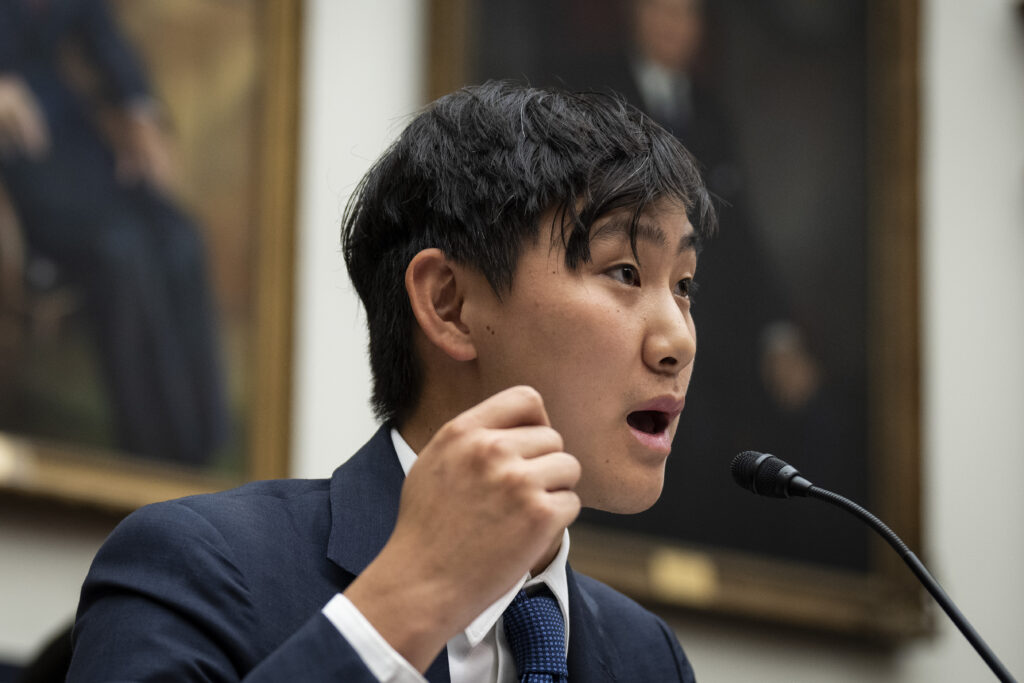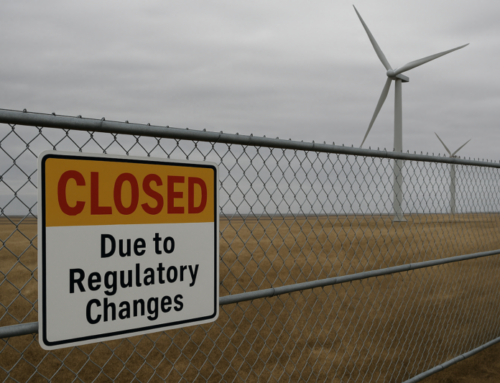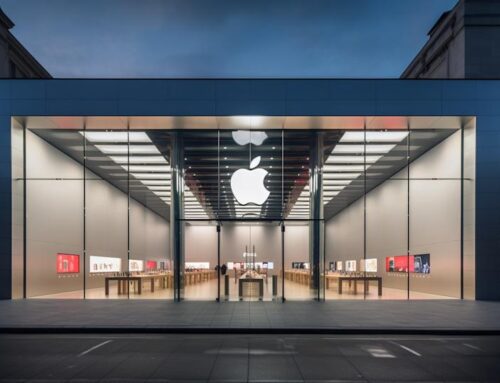After AI setbacks, Meta bets billions on undefined “superintelligence”
June 10, 2025
Zuckerberg seeks new AI direction under sci-fi banner that some experts say is arbitrary.
Credit:
Getty Images
Meta has developed plans to create a new artificial intelligence research lab dedicated to pursuing “superintelligence,” according to reporting from The New York Times. The social media giant chose 28-year-old Alexandr Wang, founder and CEO of Scale AI, to join the new lab as part of a broader reorganization of Meta’s AI efforts under CEO Mark Zuckerberg.
Superintelligence refers to a hypothetical AI system that would exceed human cognitive abilities—a step beyond artificial general intelligence (AGI), which aims to match an intelligent human’s capability for learning new tasks without intensive specialized training.
However, much like AGI, superintelligence remains a nebulous term in the field. Since scientists still poorly understand the mechanics of human intelligence, and because human intelligence resists simple quantification with no single definition, identifying superintelligence when it arrives will present significant challenges.
Computers already far surpass humans in certain forms of information processing such as calculations, but this narrow superiority doesn’t qualify as superintelligence under most definitions. The pursuit assumes we’ll recognize it when we see it, despite the conceptual fuzziness.

Credit:
UCG via Getty Images
AI researcher Dr. Margaret Mitchell told Ars Technica in April 2024 that there will “likely never be agreement on comparisons between human and machine intelligence” but predicted that “men in positions of power and influence, particularly ones with investments in AI, will declare that AI is smarter than humans” regardless of the reality.
The new lab represents Meta’s effort to remain competitive in the increasingly crowded AI race, where tech giants continue pouring billions into research and talent acquisition. Meta has reportedly offered compensation packages worth seven to nine figures to dozens of researchers from companies like OpenAI and Google, according to The New York Times, with some already agreeing to join the company.
Meta joins a growing list of tech giants making bold claims about advanced AI development. In January, OpenAI CEO Sam Altman wrote in a blog post that “we are now confident we know how to build AGI as we have traditionally understood it.” Earlier, in September 2024, Altman predicted that the AI industry might develop superintelligence “in a few thousand days.” Elon Musk made an even more aggressive prediction in April 2024, saying that AI would be “smarter than the smartest human” by “next year, within two years.”
However, these predictions faced criticism from AI researchers like Mitchell, who told Ars Technica that “intelligence… is not a single value where you can make these direct comparisons and have them mean something.”
Troubles in Meta’s AI department
Meta’s superintelligence push comes amid internal management struggles, employee departures, and several fizzling product launches (such as Llama 4) within its AI division, The New York Times noted. Zuckerberg reportedly hopes the new lab will revitalize the company’s AI strategy and secure Meta’s position alongside competitors like Microsoft, Google, and Amazon.
Meta’s AI research has historically been led by Chief AI Scientist Yann LeCun, a Turing Award winner and neural network pioneer. LeCun’s views on AI development differ from many in Silicon Valley—he believes entirely new ideas are needed to reach AGI rather than simply scaling current technologies. It’s unclear at present if LeCun’s role will change at Meta going forward.
Meta faced intense criticism in April when outside researchers discovered that benchmarks for its new Llama AI models were designed to make the products look more capable than they actually were. According to the NYT, Zuckerberg was upset that people thought he was trying to conceal poor performance of the latest release.

CEO of Scale AI Alexandr Wang testifies during a House Armed Services Subcommittee on Cyber, Information Technologies, and Innovation hearing about artificial intelligence on Capitol Hill July 18, 2023, in Washington, DC.
Credit:
Drew Angerer via Getty Images
Wang, Zuckerberg hopes, might hold the answer to Meta’s AI troubles. He founded Scale AI in 2016 and previously helped companies like OpenAI, Microsoft, and Cohere build AI technologies by providing data labeling services. Meta is reportedly in talks to invest billions of dollars in Scale AI as part of the deal that would bring Wang and other Scale AI employees to the company, according to The New York Times.
Wang’s connections in the AI industry run deep. The Scale AI founder reportedly once lived in the same house as OpenAI CEO Sam Altman, the NYT’s report said. In January, the two appeared together at Trump’s inauguration, and Scale AI placed an ad in The Washington Post the following day calling on Trump to increase AI investment to compete with China.
The race for super AI dollars
The capacity of developing “superintelligence” sounds fairly impressive on paper, so it’s not surprising that Meta isn’t the first company to explicitly pursue the hypothetical technology.
For example, in June 2024, former OpenAI Chief Scientist Ilya Sutskever founded a company, Safe Superintelligence, with that specific goal in mind. “This company is special in that its first product will be the safe superintelligence, and it will not do anything else up until then,” Sutskever told Bloomberg at the time. “It will be fully insulated from the outside pressures of having to deal with a large and complicated product and having to be stuck in a competitive rat race.”
Many proponents of superintelligence envision a sci-fi scenario of an “alien intelligence,” so to speak, with a form of sentience that operates independently of humans. “You’re talking about a giant super data center that’s autonomously developing technology,” Sutskever told Bloomberg. “That’s crazy, right? It’s the safety of that that we want to contribute to.”

His robot brain is on fire.
Credit:
Getty Images
The push for superintelligence comes with significant skepticism from many AI researchers. University of Washington computer science professor Pedro Domingos remarked about Sutskever’s company last year, “Ilya Sutskever’s new company is guaranteed to succeed, because superintelligence that is never achieved is guaranteed to be safe.”
However, one thing both AI boosters and critics rarely keep in mind is that by some narrow definitions, AI assistants are already superintelligent. For example, current AI systems can research and prepare reports across a breadth of topics at a speed that no human can match. Of course, they can also make mistakes faster than any human, so their capabilities are uneven and unsatisfying for those to seek an infallible sci-fi computer brain that can act independently without human oversight.
This is why superintelligence is frequently labeled as science fiction among critics—because it’s a quality that will possibly never be universally defined in an objective way, as Mitchell noted above. But as a label for attracting investment dollars and exciting shareholders, it’s likely a sure-fire winner.
Search
RECENT PRESS RELEASES
Related Post





